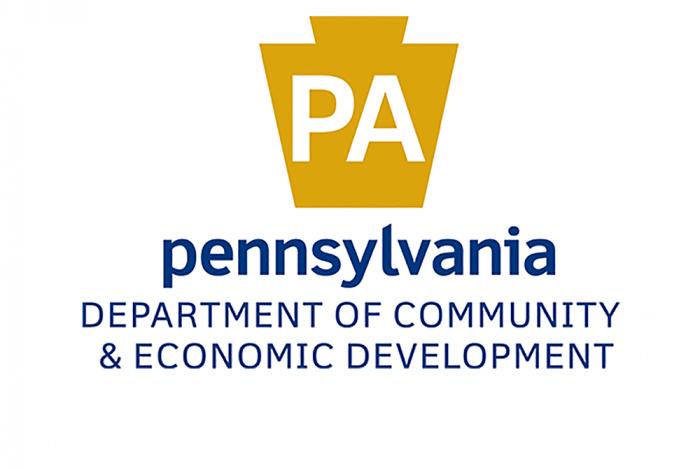Jack Phillips
Wolf Administration Announces Funding to Recruit and Retain Physicians in Underserved Areas of Pennsylvania
Human Services Reminds Pennsylvanians to Report Child Abuse and Keep Kids Safe at Home
Ciresi Calls for Additional Hazard Pay for First Responders, Frontline Workers
HARRISBURG, Aug. 19 – State Rep. Joe Ciresi, D-Montgomery, is calling for an additional round of hazard pay funding to assist first responders and other frontline workers who were not included in hazard pay grants announced by the Pennsylvania Department of Community and Economic Development this week.
“While the recent hazard pay grants provided important support to many of our frontline heroes, we need to do more,” Ciresi said. “Unfortunately, due to program guidelines and funding limitations, many of those putting themselves in harm’s way were left out, including firefighters and EMS. We have a responsibility to them – as fellow Pennsylvanians – to honor their long-term sacrifices and risks with financial assistance.”
On Monday, DCED released a list of 639 employers in the health care, food manufacturing, food retail, social assistance, janitorial, transportation and security industries who received $50 million in hazard pay funding, which would support a $3-an-hour hazard pay increase for eligible workers. The DCED received 10,000 applications totaling almost $900 million in requests, $300 million of which were eligible under program guidelines.
Legislation to provide additional hazard pay has been proposed in the state legislature and the U.S. Congress.
House Bill 2538, introduced by Rep. Jason Ortitay, R-Allegheny/Washington, and cosponsored by Ciresi, would create a $500 million “Financial Assistance for Front Line Workers Program” to support firefighters and EMS personnel, police officers, healthcare and grocery store workers, and other frontline employees. The federal HEROES Act would also establish a $200 billion “Heroes’ Fund” to provide hazard pay to certain essential workers.
# # #
DDAP Announces SABG Public Comment Period
Gov. Wolf Signs 11th Renewal of Opioid Disaster Declaration to Continue Work to Aid in Opioid Epidemic
Wolf Administration Launches Mental Health Resources Guide
RCPA Letter to DCED Secretary Regarding Hazard Pay Grant Program Awards
RCPA sent a letter to the Department of Community and Economic Development Secretary Dennis Davin regarding the $50 million Hazard Pay grant program. The General Assembly established the Hazard Pay Grant program and created guidelines through the budget process. RCPA had concerns about the lack of transparency by which these funds were awarded.
Because of these concerns, RCPA drafted the letter so we were on record. In the letter, RCPA requested that if the program receives additional funding in future, more weight be given to factors such as health and human service providers’ financial needs; the impact a provider has on its local community; the number and percentage of direct staff it has employed during this crisis; and whether a provider has changed the way it conducts business so they will be eligible for these types of programs. By specifically including these factors in a transparent manner, RCPA believes grant awards will be distributed more equitably.
Please contact Jack Phillips with any questions.
Wolf Administration: Third Naloxone Standing Order Allows Naloxone to be Obtained by Mail
DDAP Reminder for SUD Confidentiality Survey
As a reminder, the Pennsylvania Department of Drug and Alcohol Programs (DDAP) survey seeking stakeholder feedback on Pennsylvania’s Substance Use Disorder (SUD) confidentiality regulations will be open for two more weeks. Please let us know how these requirements are working and if they can be improved before this survey closes on August 31! Share your input here.
Over 1,200 people have already completed this survey. Thank you to everyone who has taken time to share insight on this important subject. Your feedback is greatly appreciated. Please share this message with colleagues and partners who have an interest in this subject.
You can find more information about this project, as well as information on current SUD confidentiality requirements, on the DDAP website.














